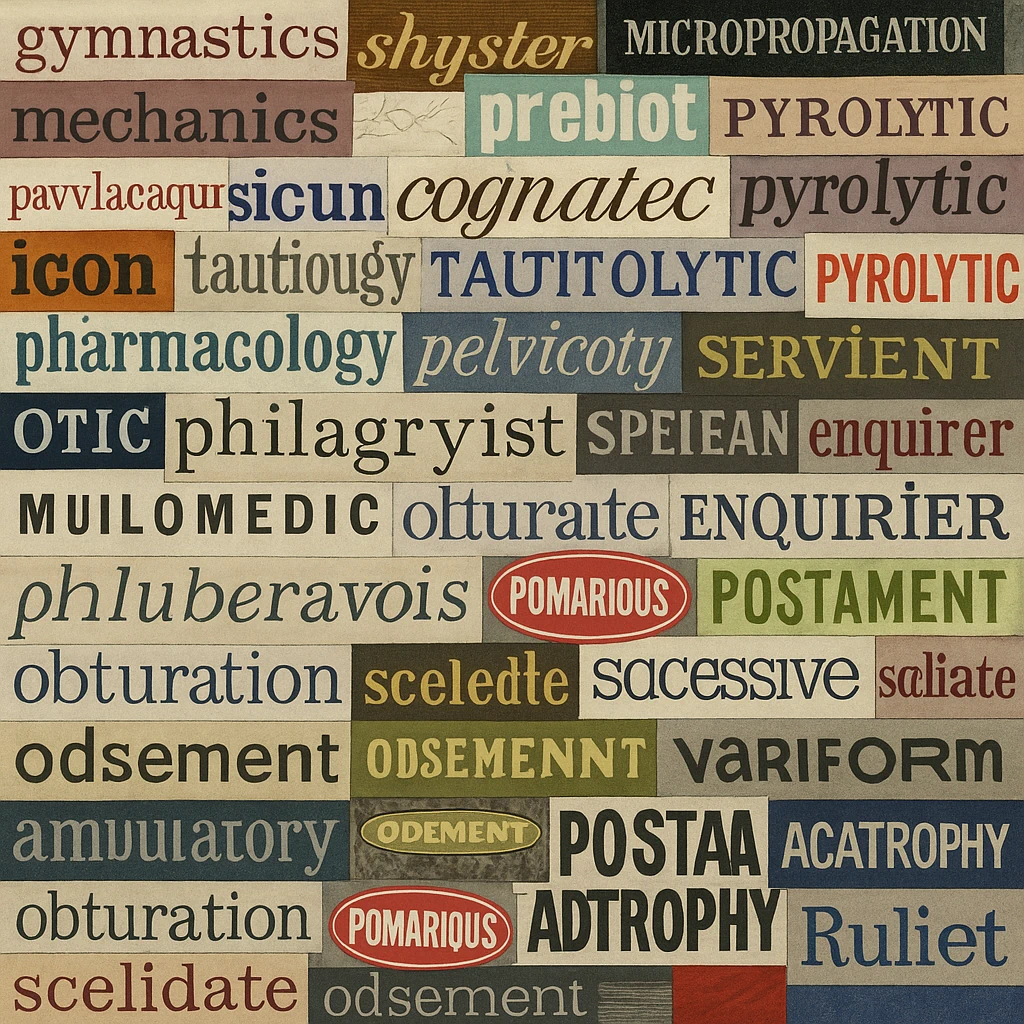Should We Save Uncommon Words?
A Question of Language Evolution

I found SaveTheWords.org which lists uncommonly used words. If you select one of the words it defines the word and allows you to adopt it meaning you “hereby promise to use the word, in conversation and correspondence, as frequently as possible to the very best of my ability”. I like the site and I love learning in general, but the site got me thinking that if you need to define the words to 99% of the people you communicate to, do we “need” to save them?
If I use a word like coquinate, mulomedic, or algotrophy I may seem more intelligent, but if you need to look up the meaning are we asking that society save (and learn) a set of words we don’t need to communicate efficiently? Language can be a beautiful thing. Shakespeare and many others have taught us language is an art form, but language constantly evolves. If you look at how youth in the world communicate, it is short, abbreviated, and to the point. Are we better communicators for using fewer words, or should we save coquinate, mulomedic, and algotrophy?
What Do You Think?
I like to think we have a brilliant community who frequents this site so if you have a thought on this, let me know what you think!
Save the Words
Language preservation matters
Let Evolution Happen
Efficiency in communication
John Clarkson says:
The evidence shows you are right—new words and usages enter active English faster than they are leaving. I ran across this piece in the Times recently, and it supports your point!
http://opinionator.blogs.nytimes.com/2012/06/04/using-undictionaried-words/